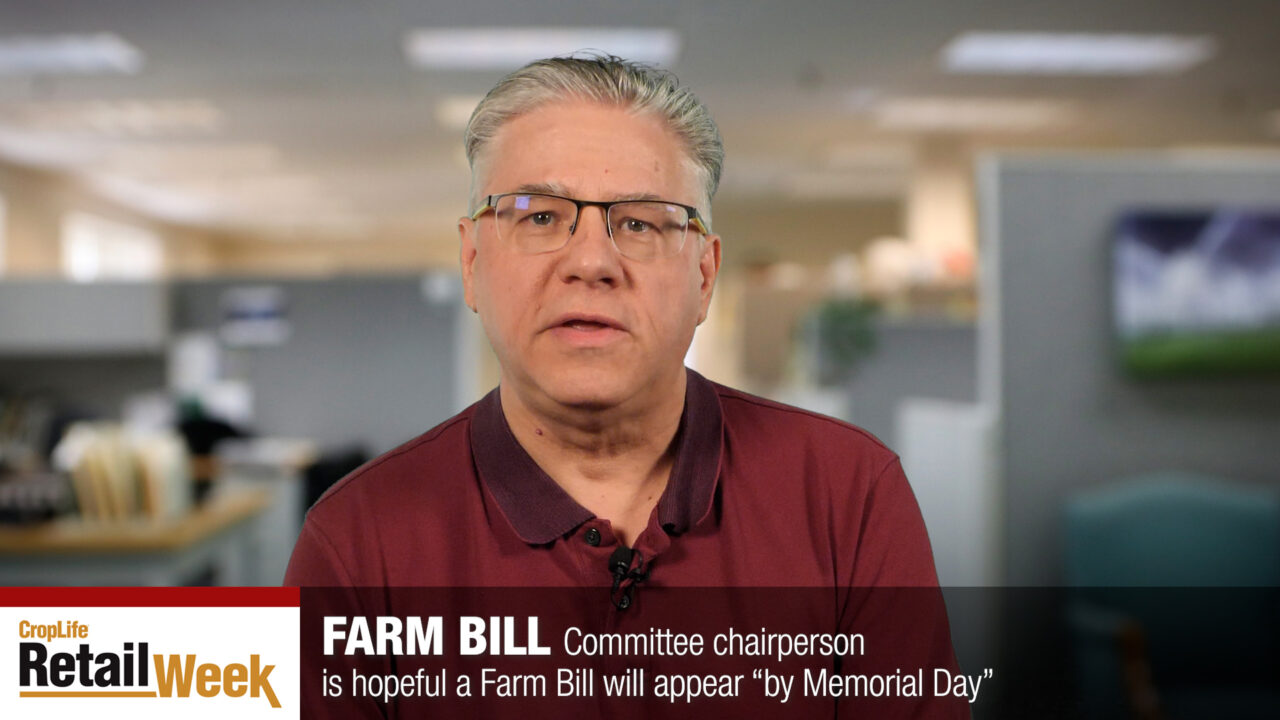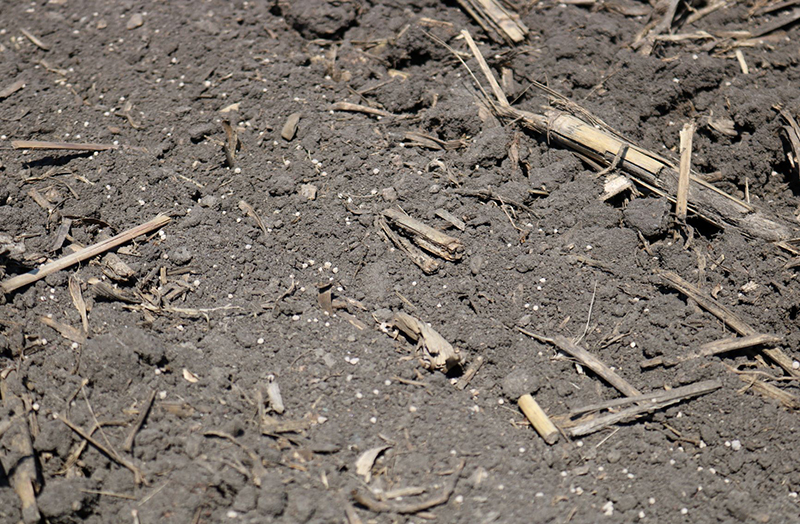The New Threat to Fertilizer Coming from Neo-Malthusians?
History is littered with wrong predictors. According to some seers, the world was supposed to end in the 1880s. Or with the advent of the Great War. And so on.
For example, consider Robert Malthus. An English economist and scholar who lived during the 19th century, Malthus made several predictions about the state of mankind and the world, speculating that by the year 2000, unchecked industrial and global population growth would cause widespread environmental collapse and mass starvation.
Of course, these predictions didn’t happen. However, that hasn’t kept a certain portion of the public from believing Malthus could still be right, eventually. And this could spell trouble for agriculture.
At the recent Council or Producers and Distributors of Agrotechnology (CPDA) Conference in Louisville, KY, Dr. Kevin Crosby, Technical Manager for Adjuvants Unlimited, told attendees about the threats these Neo-Malthusians might pose to today’s agricultural community. This could happen despite the fact that the past predictions of the apocalypse have not come to pass.
“Malthus was shown to be wildly incorrect in his views on the industrial revolution and global food supplies,” said Crosby. “There were technological changes that he didn’t anticipate that kept this from happening. The aggies were working hard to grow more food. [But] even though Malthus was shown to be wrong, his descendants are undeterred and still predict ‘doom and gloom.’”
As a result of this belief, said Crosby, Neo-Malthusians are targeting agricultural products and cropping systems they deem “harmful” to the environment. For instance, since they produce methane, Neo-Malthusians say that rice plants should be done away with.
And then there are fertilizers. “Neo-Malthusians want to eliminate the use of nitrogen fertilizers because of emissions — both synthetic and manure,” he said. “And they’ve convinced some places to try this, with disastrous results.”
For an example of this, he cited what happened recently in Sri Lanka. Apparently listening to the Neo-Malthusians, the Asian country’s leaders mandated an immediate end to synthetic fertilizer use on its crops. During that harvest year, however, more than 50% of the nation’s rice and tea leaf harvests were ruined. The resulting “food riots” deposed the Sri Lankan ruling government, replacing it with one that quickly rescinded the fertilizer ban.
To fight back against the Neo-Malthusians and those who might listen to them, Crosby proposed the agricultural industry take a proactive approach. “I believe science will help solve this problem,” he said. “It is imperative for our industry to provide positive-, technology-, and yield-driven solutions.” He pointed to such advances as nitrogen stabilizers and seed-applied microbes as possible options.
“I’m proposing a call to action to CPDA and affiliated industry partners to form a coalition to commit to achieve a 90% reduction in off-site movement of applied fertilizer by the end of the decade,” concluded Crosby. “I think this is something we can achieve, but it will take time and money. We must do this before the government mandates a solution, which would be less fertilizer.”






